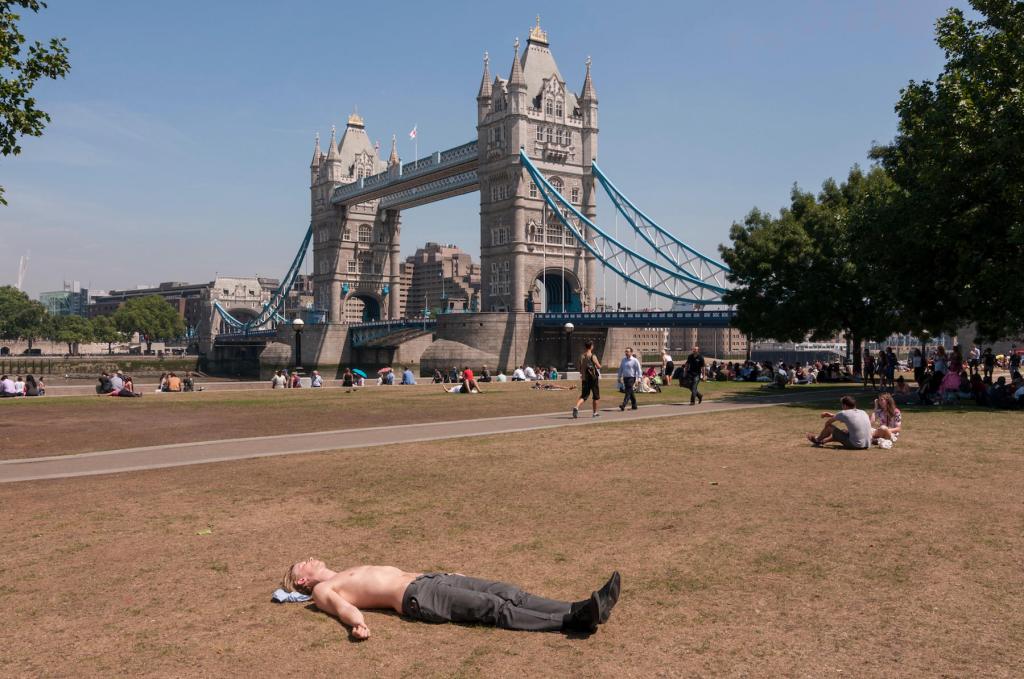It was the second day of the Special Operation Forces Exhibition in Amman, Jordan, and the temperature outside the convention center was around 80 degrees Fahrenheit, with a typical zero percent chance of rain. Drones of various sizes hovered in the hot blue desert sky. Inside, Ed Atchley had set up a booth for his company, Aspen Water Inc., right next to a 30mm chain gun designed to sink things like helicopters and Somali pirate ships. Atchley had traveled from his headquarters in Richardson, Texas, to the largest weapons trade show in the world, mainly because he makes “the army’s smallest, lightest, least expensive, high output, reverse osmosis water purifier,” he says, and people in the Middle East—including soldiers—get very thirsty.
His Aspen 2000DM, his popular desalination machine, wants to solve another problem too, one familiar to many of the generals and officials who came to SOFEX: a cool glass of water sounds like just a thing you drink, but it also represents struggle, war, and famine. Some experts say the only documented case of a “water war” happened about 4,500 years ago, when the city-states of Lagash and Umma went to war in the Tigris-Euphrates basin. Today, some believe that future water wars in the Middle East and Central Asia are not a question of if, but when? The former King Hussein of Jordan once said water is the only reason he would go to war with Israel; Ariel Sharon told a journalist that the reason for going to war against Arab armies in 1967 was water. (Amnesty International reports that Israelis use 300 liters of water per person compared to Palestinians, who use 70 liters.) By 2030, 47 percent of the world’s population will be living in areas of high water stress, according to the Organisation for Economic Co-operation and Development’s Environmental Outlook to 2030 report.
Videos by VICE
Read the rest over at Motherboard.



